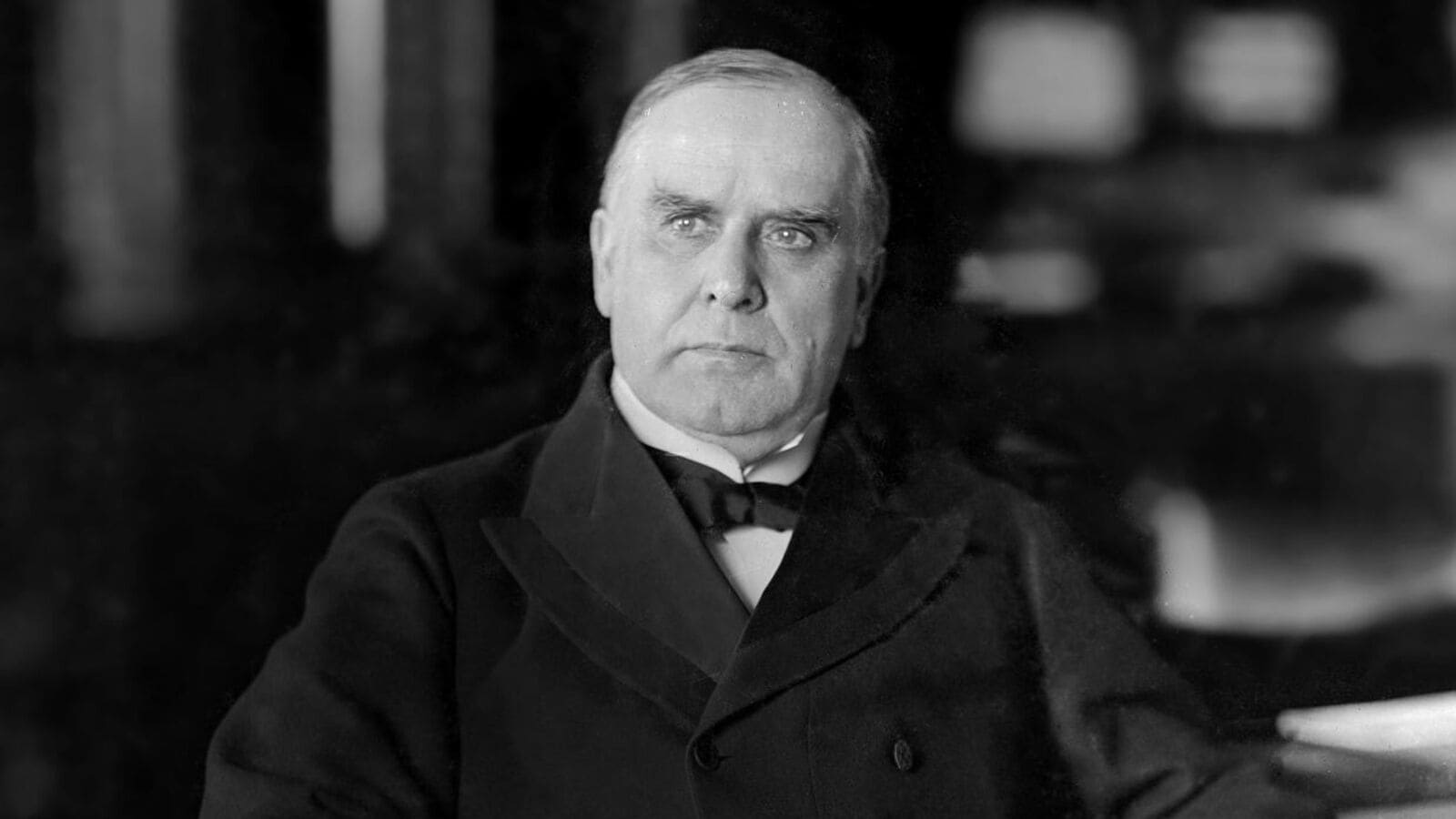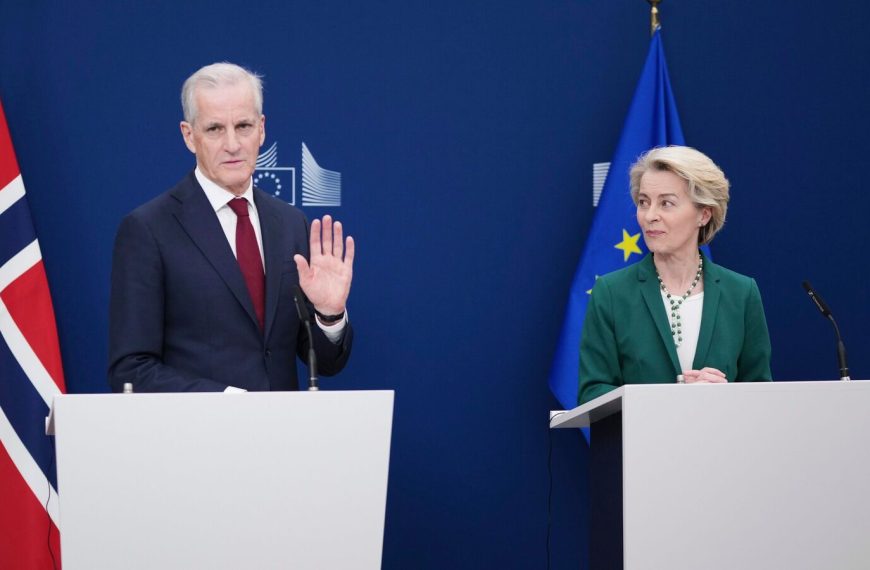The financial landscape has seen a substantial shift as investors initially rallied behind promises of deregulation, tax cuts, and fiscal discipline from a potential second Trump administration. However, the escalating trade tensions with Canada and Mexico have quashed that optimism, erasing the gains in U.S. equity values made since November. With President Trump poised to expand his protectionist stance globally on April 2, the implications for the international trading system could be dire.
The Shift in Trade Policy
President Trump’s approach to trade flips the conventional understanding of reciprocal trade on its head. His strategy focuses on increasing tariffs rather than promoting mutual agreements. This could lead to retaliatory actions from other nations, undermining the very stability that previous administrations worked hard to establish. Historical figures like William McKinley, who advocated for trade expansion, understood that protectionist policies can lead to commercial conflicts that harm all parties involved.
Historical Context of Reciprocal Trade
McKinley’s vision for reciprocal trade was to foster market access for American goods through agreements that would reduce tariffs on imports in exchange for similar concessions from other countries. This principle was further championed by Franklin D. Roosevelt, who used reciprocal trade policies to extract the world from the destructive Smoot-Hawley Tariff. Such policies contributed to a prolonged period of global peace and economic growth, lifting millions out of poverty.
Misguided Tariff Justifications
While President Trump cites tariffs imposed by European and Japanese markets on American cars as justification for his protective measures, he fails to propose genuine reciprocity. Instead of fostering an open trade environment, he opts for punitive measures that could potentially escalate into larger trade wars. For example, eliminating the 25% U.S. tariff on imported trucks could serve as a negotiating tool for lowering foreign tariffs on American automobiles, but such proposals are notably absent from his agenda.
Key Points:
- Trump’s policies may harm the tech sector, where the U.S. holds a significant competitive advantage.
- The historical context of trade wars shows a pattern of protectionism leading to economic downturns.
- Reciprocation in trade should involve mutual concessions rather than unilateral tariff increases.
The Risks of Protectionism
The timing of these decisions is particularly concerning given America’s current dominance in technology and artificial intelligence. Retaliatory tariffs from other nations could severely impact these burgeoning industries, which are crucial for future economic growth.
Historically, protectionist measures in the 1920s aimed at shielding American agriculture ultimately contributed to the Great Depression. Congress enacted tariffs like the Fordney-McCumber tariff to protect farmers, but these actions spiraled into a series of detrimental economic consequences, including hyperinflation in Germany and a global financial collapse.
The 2024 Election and Manufacturing Jobs
The focus on manufacturing jobs in the lead-up to the 2024 election mirrors the historical attempts to shield agriculture during its decline. Manufacturing jobs have been steadily decreasing in importance for decades, yet policymakers continue to cling to these positions. The reality is that technology has transformed the industrial landscape, making it crucial to embrace high-tech sectors instead of reverting to outdated protective measures.
The Unforgiving Record of Protectionism
Protectionist policies have consistently proven ineffective throughout American history, both economically and politically. Despite this, the Trump administration appears intent on repeating past mistakes. The initial Trump administration saw a rise in the trade deficit, a decline in manufacturing jobs, and an overall slump in economic growth, all before the pandemic further complicated matters.
In conclusion, as the U.S. stands at a crossroads, the choice between embracing open trade and succumbing to protectionism will significantly impact not only economic prosperity but also America’s standing as a global leader. Emphasizing trade freedom could pave the way for sustainable growth and innovation, benefiting both American workers and the global economy.
Expert Insights:
- Mr. Gramm, former chairman of the Senate Banking Committee, and Mr. Boudreaux, an economics professor, highlight in their upcoming work the critical need for economic freedom to counter the myths surrounding American capitalism.
Navigating the complexities of trade and economic policy will require careful consideration of historical lessons to avoid repeating the same costly errors.











